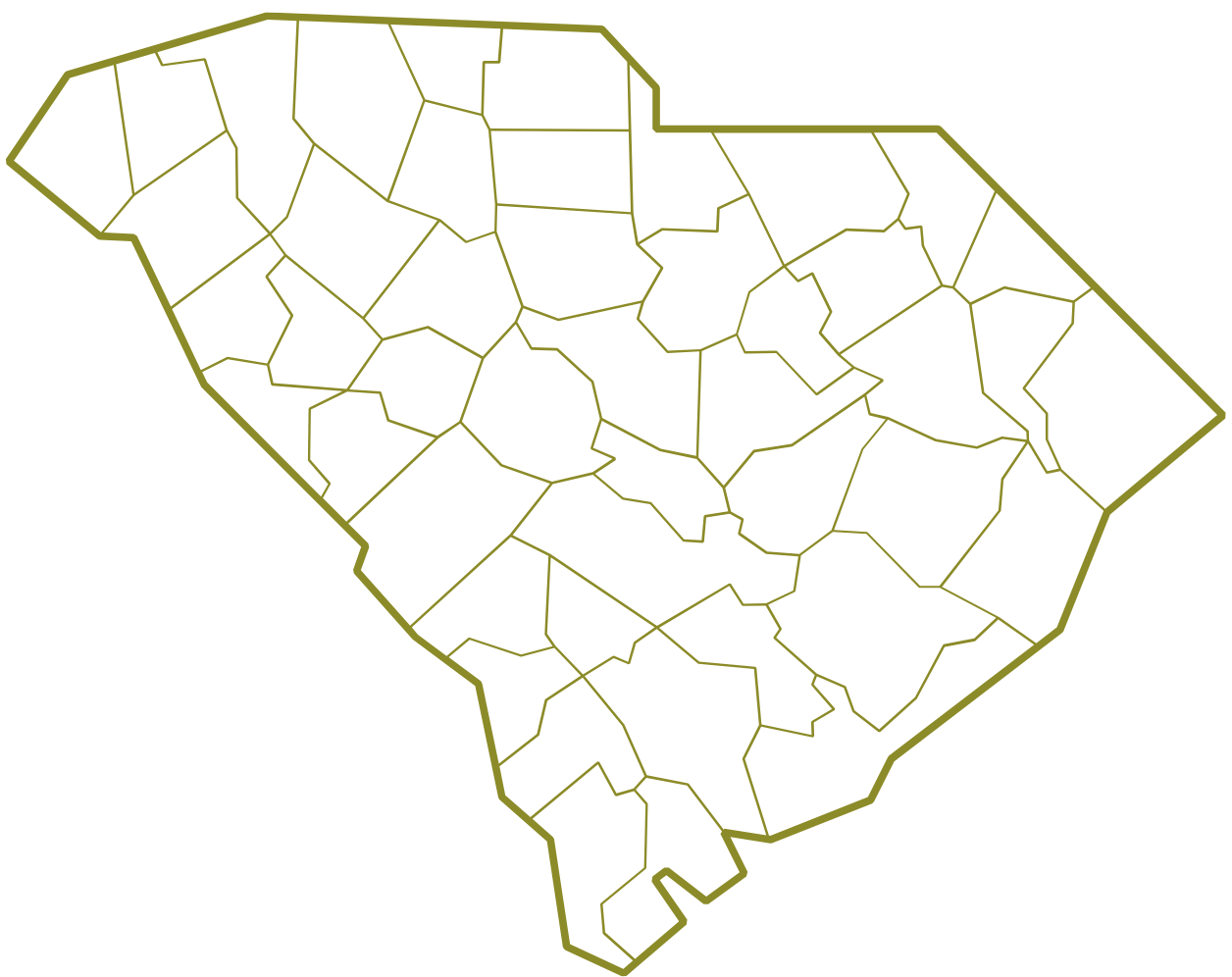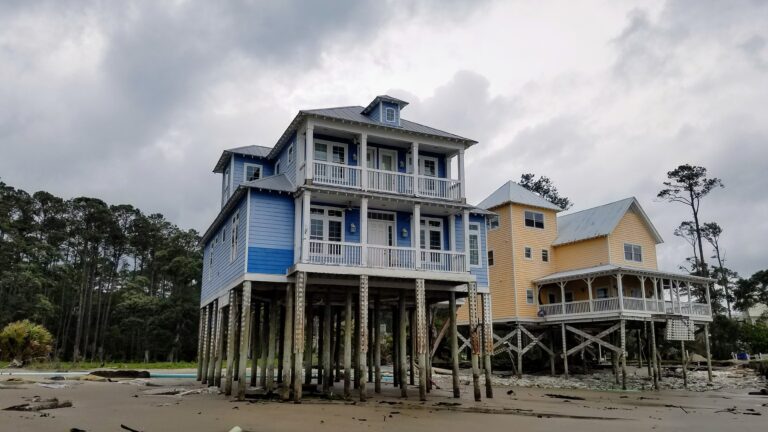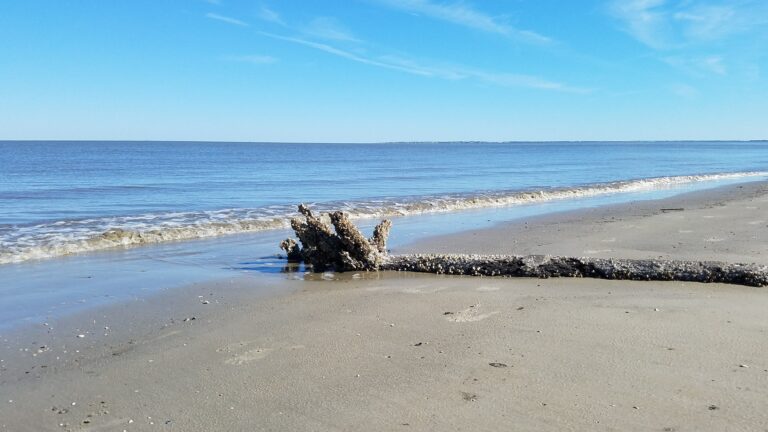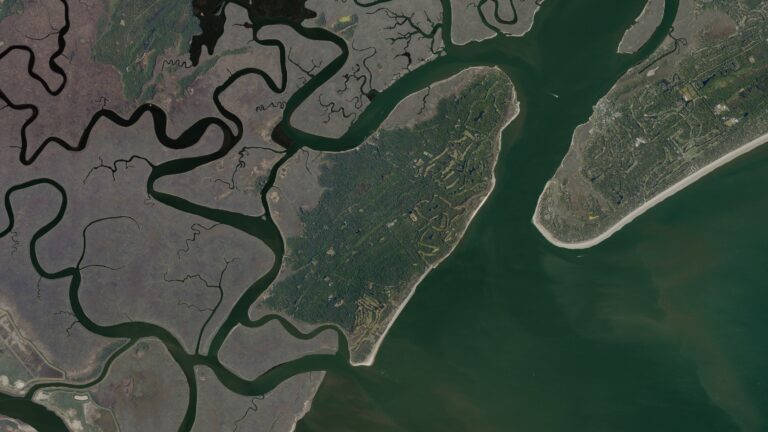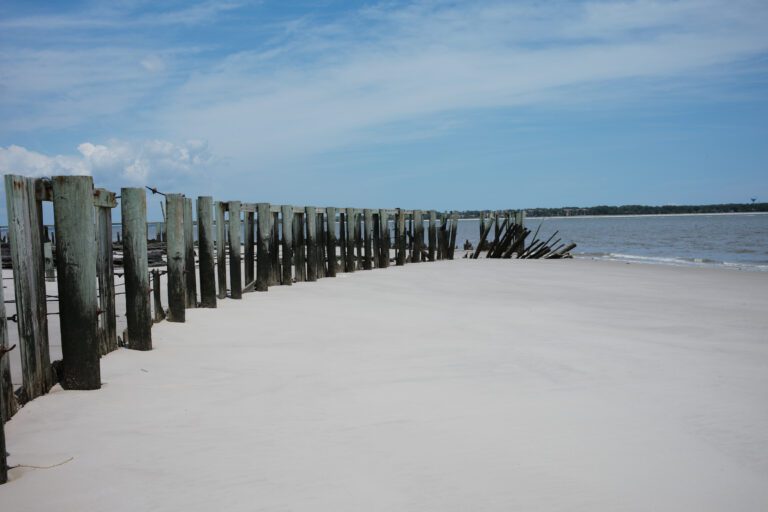19 Wellness Resources for Beating Burnout and Staying Grounded While Traveling
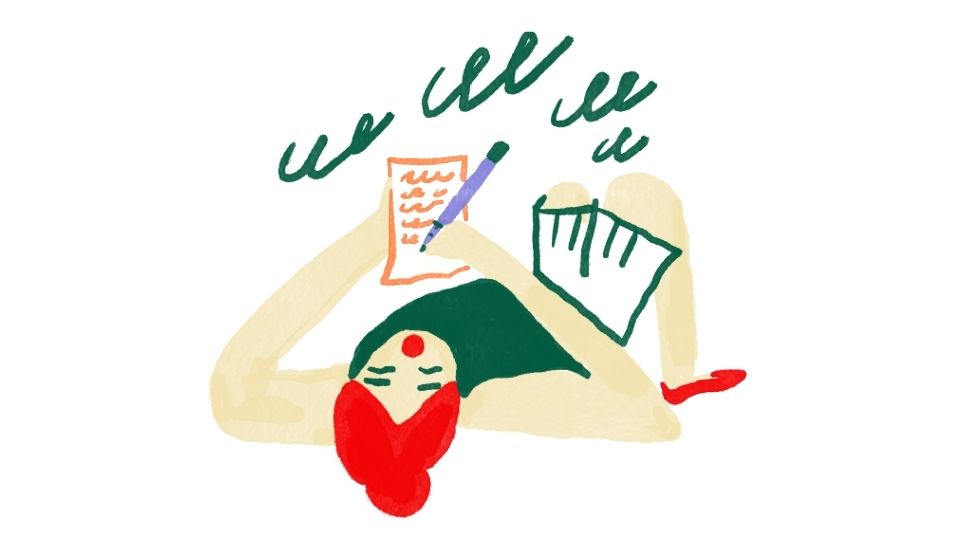
Burnout happens to the best of us, but it’s especially common when we’re out exploring the world. The good news? There are tons of amazing wellness resources that can help us beat that tired, frazzled feeling while traveling.
Whether you’re a digital nomad trying to avoid screen fatigue, a business traveler running between time zones, or just someone who finds travel more exhausting than exhilarating sometimes—I’ve got you covered with some seriously effective ways to stay grounded when you’re not, well… grounded.
So let’s dive into the best wellness resources that’ll help you turn your next trip into a rejuvenating experience rather than another reason to need a vacation from your vacation.
19 Ways to Beat Burnout and Stay Grounded While Traveling
Skip ahead:
- Nature-based solutions
- Digital strategies
- Physical practices
- Mind & spirit approaches
- Community & connection
Nature-Based Solutions to Reset Your System
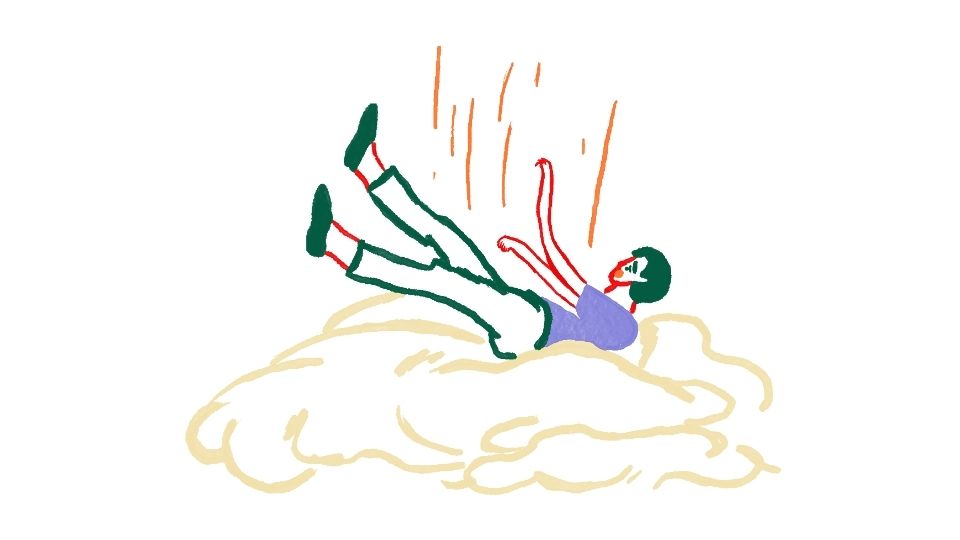
Forest Bathing & Nature Therapy
When I’m feeling completely fried, nothing resets my nervous system faster than getting away from concrete and screens and into the trees. Forest bathing (the Japanese practice of “shinrin-yoku”) isn’t just woo-woo stuff – it’s scientifically proven to reduce stress hormones and boost your immune system.
Just 20 minutes of mindful time among trees can lower your cortisol levels significantly. Even if you’re in an urban destination, most cities have parks where you can get a mini nature fix.
Guided Nature Walks & Mindful Movement
When your mind is racing with a million travel logistics, a guided nature walk combines gentle exercise with those contemplative “stop and smell the roses” moments.
These walks help re-establish your mind-body connection that often gets disrupted when you’re jumping between time zones and cramming too much into your itinerary.
Many eco-resorts and wellness destinations now offer specialized guided walks, but you can also find local hiking groups through apps like AllTrails or Meetup in almost any destination.
Silent Retreats for Deep Restoration
For the ultimate reset, silent retreats offer several days without speaking, allowing for deep meditation and introspection.
The science here is fascinating – silence actually lowers cortisol levels and stimulates brain regions responsible for memory and emotional regulation. If you’re on the brink of burnout, a few days of structured silence might be just what you need.
Digital Strategies for Travel Sanity
Digital Detox Retreats
The average person spends over 7 hours daily staring at screens (and let’s be honest, it’s probably higher when traveling and constantly checking maps, translation apps, and posting pics).
Digital detox retreats ban phones and Wi-Fi, forcing you back into the real world through journaling, stargazing, or actual face-to-face conversations.
Can’t do a full retreat? Try setting specific “phone-free” blocks during your travels – maybe during meals or for the first hour after waking up.
Tech That Actually Helps
Not all technology contributes to burnout! Apps like Headspace, Calm, and Insight Timer offer guided meditations specifically designed for travelers dealing with jet lag, travel anxiety, or just needing to find some peace in a hectic environment.
Wearables like Oura rings and Apple Watches can help you track your sleep patterns and activity levels, giving you data to make better decisions about when to push yourself and when to rest.
Physical Practices to Restore Balance
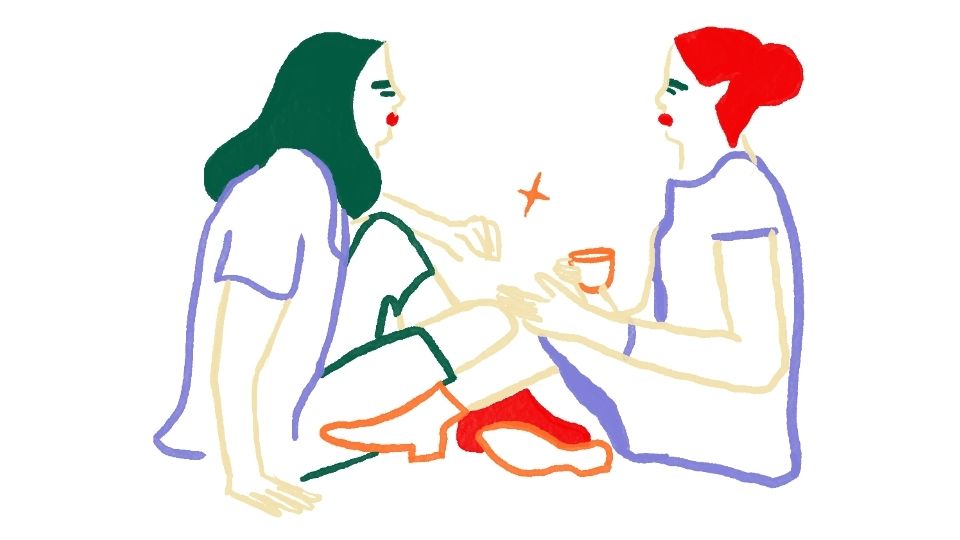
Yoga, Breathwork, and Mindfulness
These practices are staples at wellness retreats worldwide for good reason. A 20-minute yoga session in your hotel room or a few minutes of deep breathing exercises before a flight can make a world of difference.
Conscious breathing is particularly powerful for travelers – it’s like having a built-in stress management tool that works anywhere, anytime, and costs nothing.
Spa Treatments and Hydrotherapy
Massages, facials, and water therapies like hot/cold plunges deeply relax muscles, stimulate circulation, and soothe your frazzled nervous system.
Many hotels now offer in-room massage services, and apps like Soothe let you book a licensed massage therapist to come to your Airbnb in many major cities.
Cold plunges have become particularly trendy, and for good reason – they reduce inflammation, boost your immune system, and release endorphins that can instantly shift your mood.
Sleep-Centered Programs
With travel disrupting our sleep cycles, some wellness destinations now offer programs specifically for diagnosing and improving sleep quality through gut health management, relaxation exercises, and mental coaching.
Even without a formal program, prioritizing sleep while traveling (maybe even more than your sightseeing checklist) is essential to preventing burnout. If you’re a light sleeper, investing in good earplugs, an eye mask, and possibly a white noise machine can be game-changers.
Mind and Spirit Approaches
Specialized Burnout Recovery Retreats
There are now retreats specifically designed to address burnout, offering programs to reset your nervous system through a combination of mindfulness practices, guided therapy, and immersion in nature.
These retreats usually include a mix of individual and group sessions, giving you both personalized care and the comfort of knowing you’re not alone in your burnout experience. They range from luxury offerings at places like Kamalaya in Thailand to more affordable options worldwide.
Herbal and Traditional Healing Practices
Different cultures have been dealing with stress and exhaustion for centuries, developing practices that honor the body’s natural rhythms.
From herbal baths in Mexico to maderoterapia (wood therapy massage) in Colombia to crystal healing in Sedona – these traditional approaches offer holistic well-being that connects you to local culture while helping you unwind.
Cultural and Spiritual Immersion
Combining travel with cultural traditions – like Ayurveda in India, Reiki in Japan, or indigenous healing ceremonies in Peru – supports spiritual grounding and provides a sense of meaning beyond everyday worries.
These experiences often help put your personal burnout in perspective and connect you to something larger than yourself.
Community and Connection Strategies
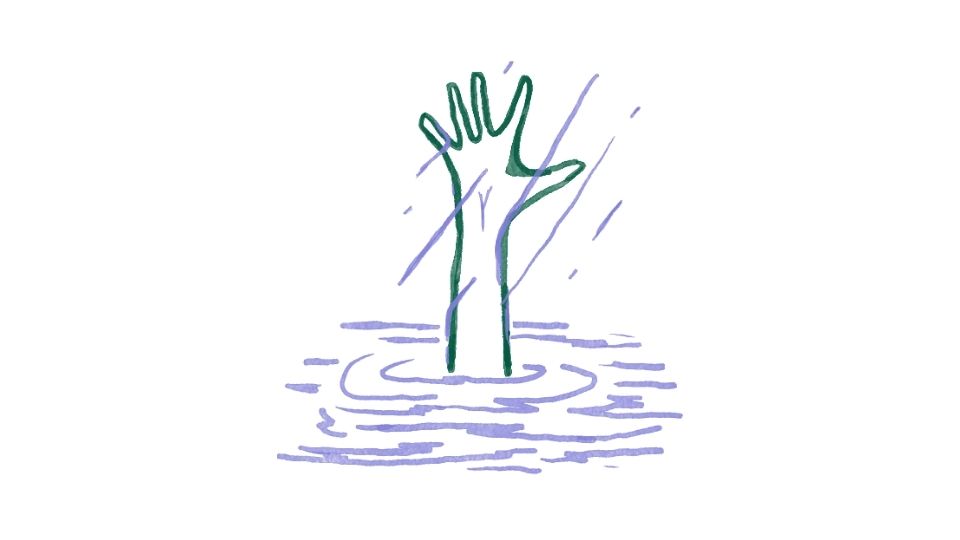
Supportive Community Building
Group retreats encourage connection with like-minded travelers, creating safe spaces for sharing and mutual support.
Social connection itself is a powerful buffer against burnout, reinforcing feelings of belonging and understanding. Sometimes just knowing you’re not the only one struggling with travel fatigue can be incredibly comforting.
Creative Workshops and Learning
Wellness experiences increasingly incorporate artistic or culinary workshops, crafting, and classes in local traditions.
These activities stimulate the mind and foster creativity, which can be therapeutic against emotional burnout. Learning to make pasta in Italy or pottery in Japan engages different parts of your brain than your normal work does, giving overused neural pathways a chance to rest.
Equine and Animal Therapy
Some retreats integrate emotional healing through connection with horses or other animals. This has been shown to positively affect emotional regulation and stress reduction.
There’s something about the non-judgmental presence of animals that allows people to let down their guard and process emotions they might otherwise keep bottled up.
Modern Solutions for Busy Travelers
Biohacking and Recovery Technologies
For the tech-loving traveler, emerging wellness offerings include advanced therapies such as red-light therapy, hyperbaric oxygen chambers, and wearable stress monitors.
These science-based approaches aim to optimize cellular recovery and build resilience against stress. Places like The Well in New York offer cutting-edge recovery technologies that can fit into even the busiest travel schedule.
Urban Wellness Clubs and Recovery Centers
Not all wellness happens in remote retreats. For travelers staying in major cities, innovative wellness clubs offer targeted recovery programs in convenient urban settings.
These might include IV vitamin therapy, compression boots, massage, or guided meditation – all designed to help you maintain wellness even on a business trip.
Healthy, Nourishing Food
Never underestimate the power of good nutrition when traveling. The combination of disrupted routines, unfamiliar food, and perhaps a few too many vacation cocktails can leave your body struggling to keep up.
Many resorts now prioritize plant-based, organic menus with nutrient-dense options that aid detoxification and boost energy. But even when that’s not available, taking a few minutes to find a good local market or restaurant with fresh options can make a huge difference in how you feel.
When I travel, I try to follow the 80/20 rule – 80% nourishing food that makes my body feel good, 20% delicious local treats that feed my soul.
How I Apply These Strategies in Real Life
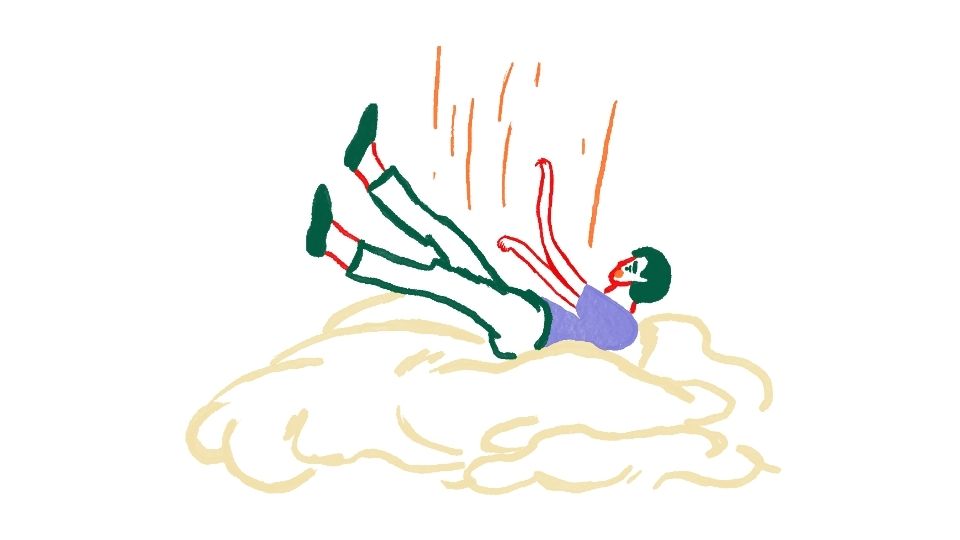
When I was in Bali last year, I felt the burnout creeping in after weeks of working while traveling. I booked a three-day stay at a wellness center that combined yoga, meditation, and traditional Balinese healing practices.
Did I come back a completely new person? Not exactly. But those three days gave my nervous system the reset it needed to enjoy the rest of my trip instead of just surviving it.
You don’t need to book a fancy retreat though. Even incorporating micro-wellness practices into your daily travel routine can prevent burnout:
- A 10-minute morning meditation
- Drinking enough water (I set reminders on my phone)
- Building in real rest days between activities
- Setting boundaries around work emails if you’re traveling for business
The key is being proactive rather than waiting until you’re completely exhausted to address burnout.
Whether you choose a high-end wellness retreat or simply prioritize self-care during your travels, these resources and strategies can help you return from your journey refreshed rather than depleted. After all, the best souvenirs are the ones that don’t fit in your suitcase—like renewed energy, mental clarity, and a genuine sense of well-being.
